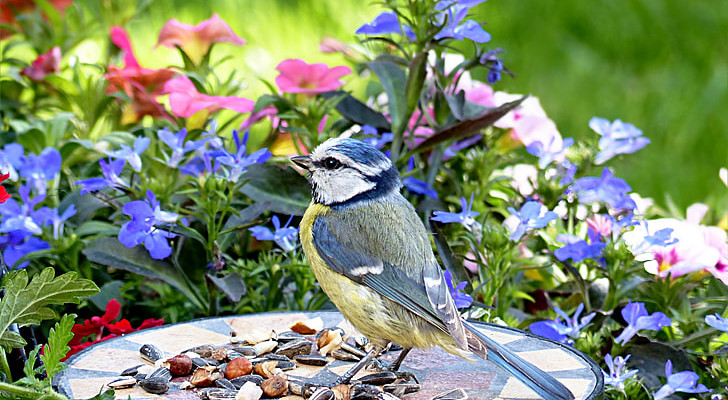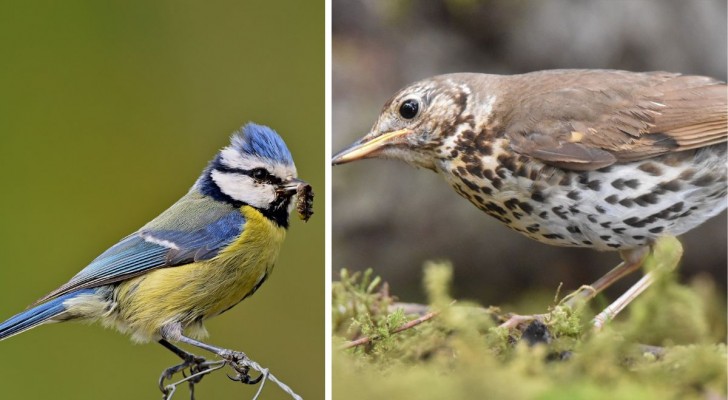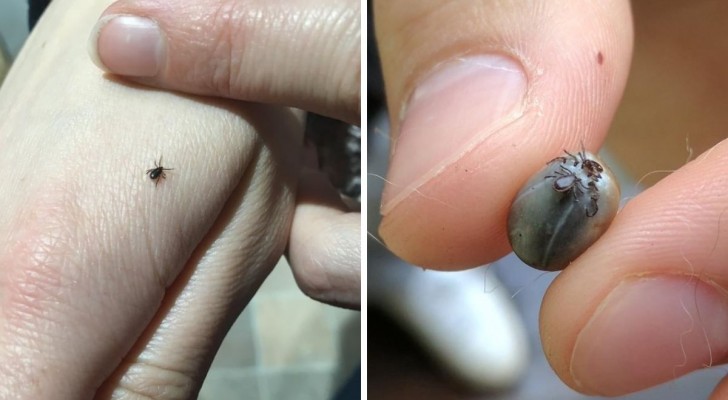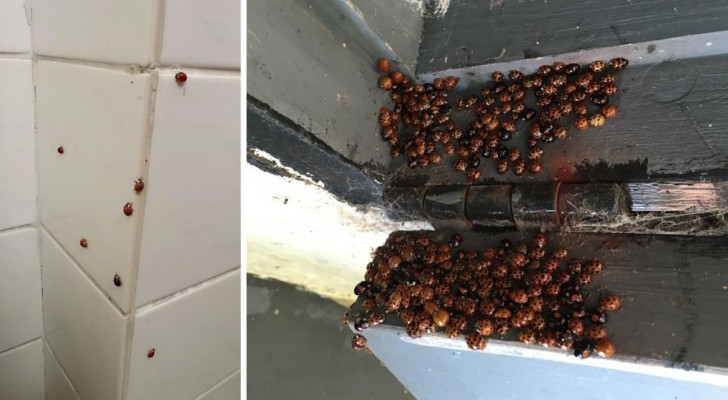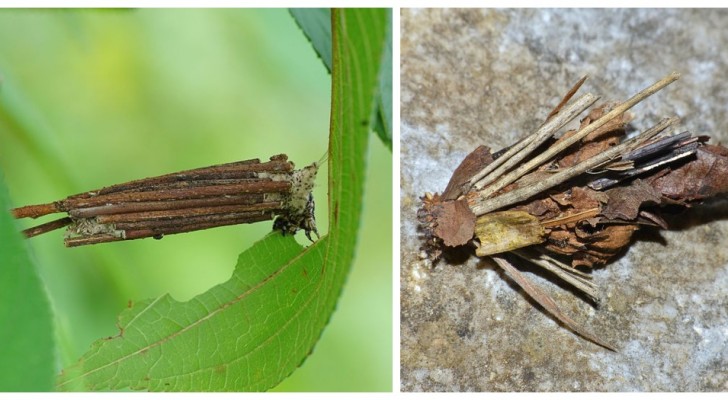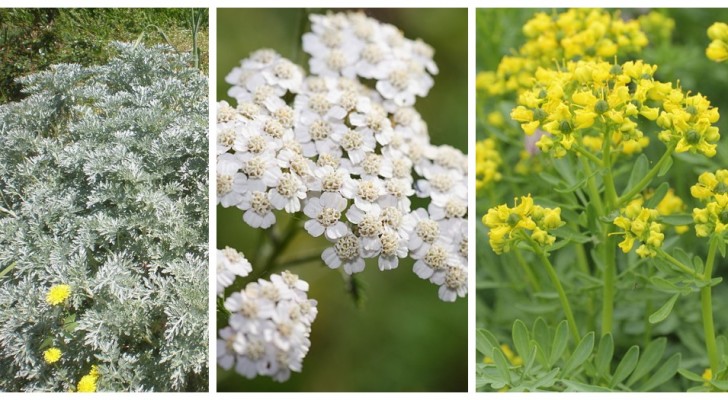Protect your garden and plants from these 4 harmful insects during springtime
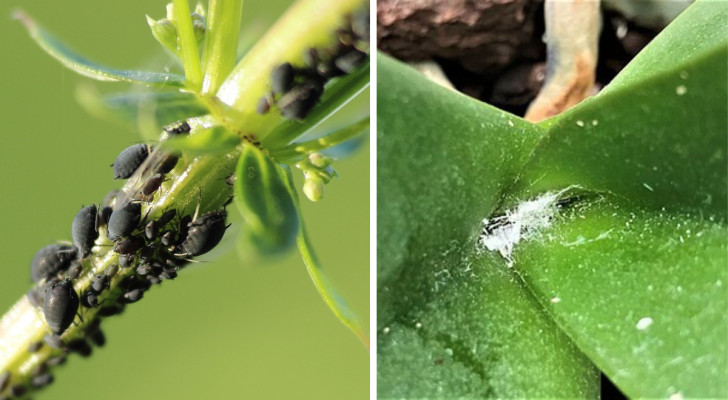
The gradual rise in temperatures starting from March involves the awakening of Nature and with this, parasitic insects also start to become active. To avoid insects damaging your plants and garden, it is necessary to act promptly.
Don't let these harmful insects catch you unprepared: learn to recognize them and combat them effectively.
1. Aphids
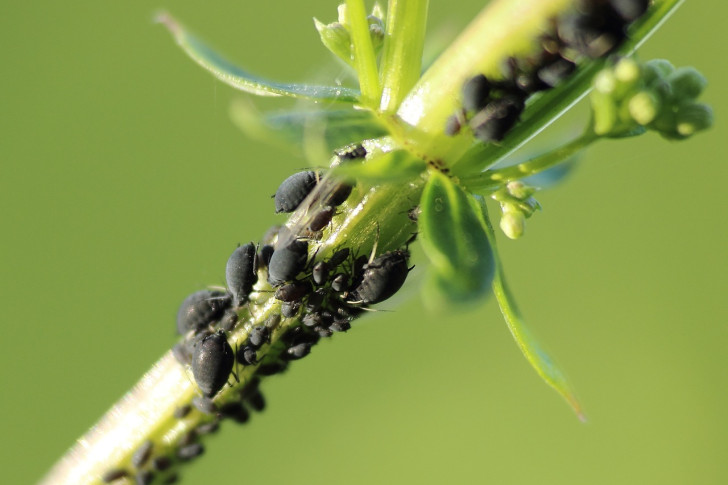
Aphids are amongst the most common of pests found in gardens and can multiply incredibly quickly in the spring (when temperatures begin to rise). To limit the damage they can cause in your garden, prevention is the best cure: regularly inspect your plants for signs of aphid presence. If you want to avoid using chemical insecticides, you use 3 different remedies to combat aphids:
- Natural remedies: a simple mixture of water and Marseille soap is enough to remove aphids from your plants - or you could use neem oil, a natural pesticide that will not only eliminate aphids, but will also help you keep other parasites at bay;
- Manual measures: another very useful remedy is to "blast/wipe away" aphids with a powerful jet of water or wiping down the affected plants with a clean cotton cloth;
- Aphid predators: another effective remedy for managing aphids is the introduction of aphid-eating insects into your garden. Ladybugs, in particular, which are natural and voracious predators of aphids. You can easily attract them to your garden by raising flowering plants and providing nesting sites.
2. Snails and slugs
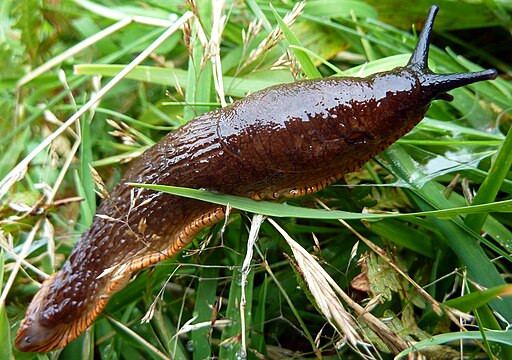
Snails and slugs are very common, especially in humid climates and can be very damaging to plants. To combat these pests, a multi-pronged stategy can be used:
- Manual removal: an effective way to eliminate snails and slugs consists of simply removing them from plants during the evening hours (when they are more active and easily spotted);
- Traps: these can be another effective solution to reduce snail/slug numbers and you can make traps by preparing shallow containers containing a yeast solution. These traps will attract the snails/slugs and, once inside, they cannot escape;
- Physical barriers: some products can be used to put up a physical barrier against snails, dissuading them from try to get to your plants; for this purpose, you can use copper wire or egg shells or diatomaceous earth;
- Cultivation techniques: water you plants in the early hours of the morning and avoiding excessive mulching;
- Natural enemies: attract natural enemies of snails and slugs (such as birds, toads and frogs) into your garden by providing them with suitable habitats. This way, you will help the ecosystem and, at the same time, keep your plants safe.
3. Cochineal
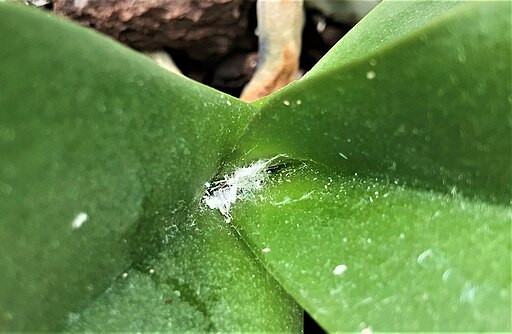
Sinikka Halme/Wikimedia Commons
Very widespread in hot regions, cochineal bugs can be a serious problem for indoors and outdoors plants. Easily recognizable by the presence of a white cottony substance they leave on leaves and stems, cochineal must be eliminated promptly.
Prevention is always the best cure, and you can do this by regularly inspecting your plants and making sure you carefully clean all the places where you house the plants. Also, clean your gardening tools, flower pots and planters. Improve air circulation by spacing out your plants and lower the temperatures in greenhouses during the winter.
If a cochineal infestation is light, it will suffice just to spray them with water to remove them. For heavier infestations, it will be necessary to use Marseille soap, Neem oil or cotton balls soaked in denatured alcohol (methylated spirits).
4. White larvae
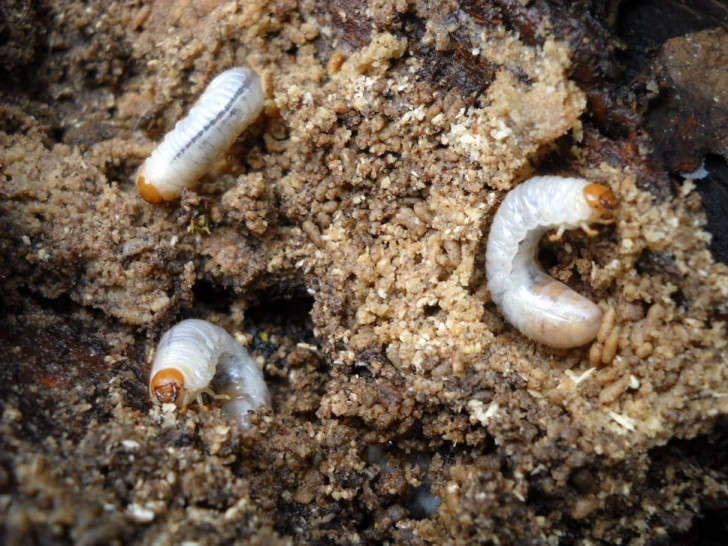
White larvae (for example of whiteflies or sawflies) can also be very harmful to your plants as these larvae feed on the roots. Since the larvae love acidic, fresh soil, you can repel these parasites by using lime (which will increase the pH of the soil) - but avoid negatively impacting your plants with this method. If you want to eliminate larvae, it will be necessary to resort to introducing nematodes (aka round worms), which will naturally reduce the larvae population.
So, keep an eye open for these pests and enjoy the spring!
